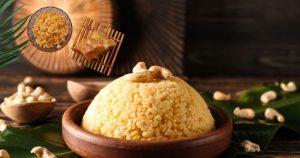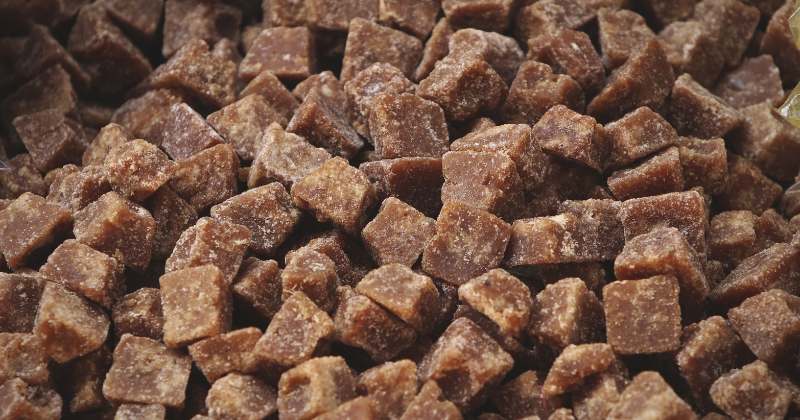

In a world where health-conscious choices are becoming increasingly popular, the debate over sweeteners has intensified. One such comparison gaining attention is between jaggery and sugar. Both are sweetening agents, but are they equally detrimental to our health? In this article, we’ll explore the nutritional aspects of jaggery and sugar to determine which comes out on top in the quest for a healthier alternative.
Jaggery, a traditional sweetener in many cultures, is derived from concentrated sugarcane juice or date palm sap. Unlike sugar, jaggery undergoes minimal processing, retaining its natural nutrients. Rich in iron, magnesium, potassium, and vitamins, jaggery is renowned for its potential health benefits.
Caloric Content:
Mineral Content:
Glycemic Index:
1. Iron Boost:
Jaggery, being a natural source of iron, aids in preventing and treating iron deficiency anemia.
2. Digestive Health:
Jaggery supports digestive health by stimulating the digestive enzymes and enhancing nutrient absorption.
3. Detoxification:
Jaggery’s antioxidants assist in detoxifying the liver, promoting a healthy and efficient detox process.
4. Respiratory Health:
Consuming jaggery regularly may help alleviate respiratory issues like asthma and bronchitis.
5. Comparing Environmental Impact:
Beyond personal health, considering the environmental impact is crucial. The sugar industry is associated with deforestation, pesticide use, and water pollution. In contrast, jaggery production involves fewer chemical inputs and is often more sustainable.
Also Read:
Conclusion:
While both jaggery and sugar can satisfy a sweet tooth, the nutritional disparities between the two are undeniable. Jaggery, with its rich mineral content and potential health benefits, emerges as a more wholesome alternative to sugar. However, moderation is key, as excessive consumption of any sweetener can have adverse effects. Making informed choices about sweeteners empowers us to take control of our health, one mindful bite at a time.




Copyright © 2024 Desigud.in All Rights Reserved